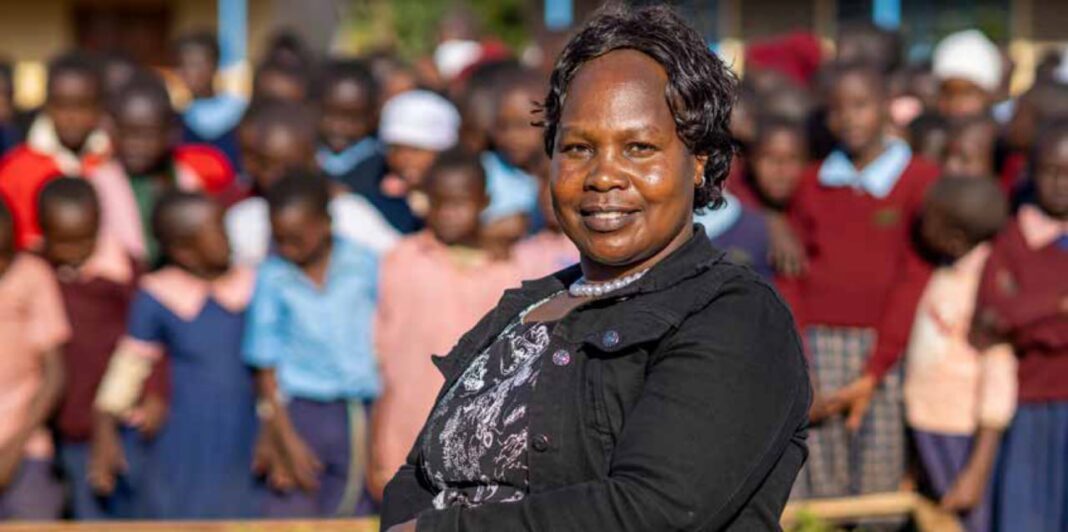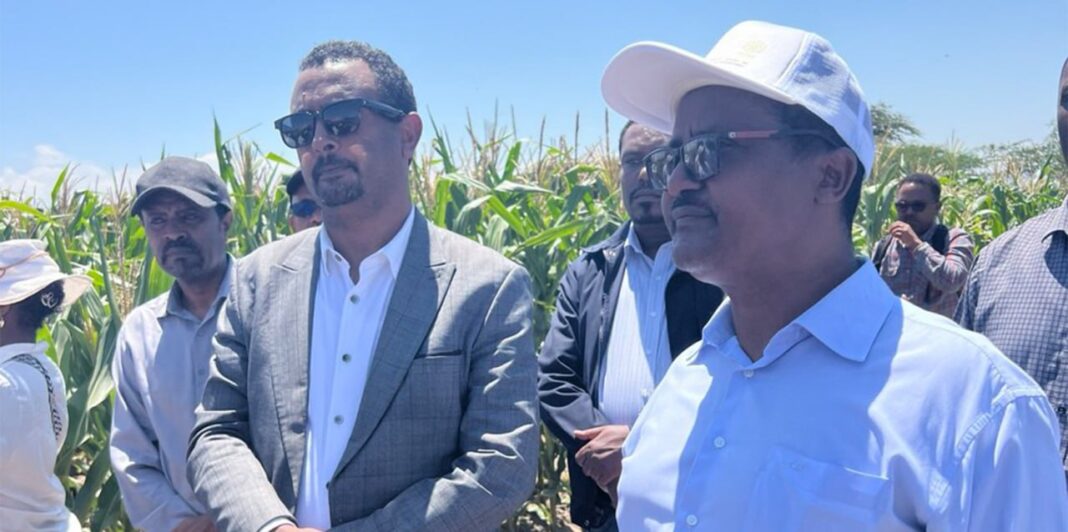A recent comprehensive report highlights Ethiopia’s ongoing struggles with education access, quality, and equity, underscoring the critical need for investment and policy reform to meet sustainable development goals. Despite some improvements, Ethiopia remains among the countries with the highest rates of children out of school and significant disparities in educational attainment.
According to the report, titled “Spotlight on Basic Education Completion and Foundational Learning in Africa, Lead for Foundational Learning,” Ethiopia has a notably high out-of-school rate for primary-age children, exacerbated by conflict, displacement, and systemic resource shortages. While regional averages in Africa show some decline in out-of-school rates over the past two decades, Ethiopia’s progress has been slow and is complicated by data gaps and inconsistencies.
The report also draws attention to challenges around school completion rates and the quality of foundational learning. Though the timely primary completion rate in Ethiopia is gradually improving, a large proportion of children still fail to complete primary education on schedule. Gender and wealth disparities persist, with children from the poorest households far less likely to complete primary school.
Further difficulties arise from language barriers and curriculum issues, especially in regions with linguistic diversity. Policies promoting mother tongue instruction have faced implementation challenges, hampering effective learning outcomes. The lack of adequately trained teachers and insufficient school infrastructure, including classrooms and learning materials, remain critical bottlenecks.
The Ethiopian government’s commitment to expanding access through community involvement and school construction programs, supported by donor funding, has shown promising signs. However, sustainable progress requires addressing bottlenecks such as teacher deployment, quality of instruction, and systemic governance challenges.
The report calls for accelerated efforts in enhancing teacher training, improving curriculum relevance, and expanding accelerated learning programs to reintegrate out-of-school children. It stresses the need for stronger data collection and monitoring systems to accurately assess progress and guide policy.
These findings underscore that Ethiopia’s education challenges are complex and multifaceted, intertwined with broader social, economic, and political factors. Addressing these issues comprehensively is essential to ensuring equitable, quality education for all Ethiopian children and advancing the country’s development goals.







